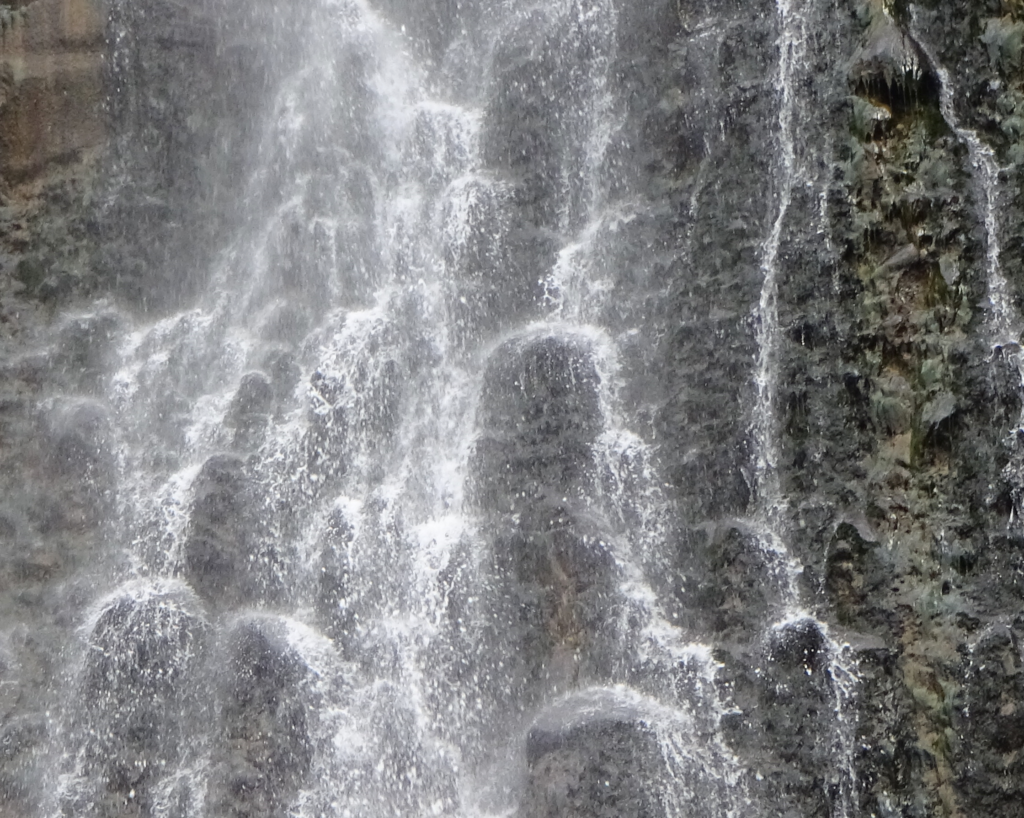
“If your daily life seems poor, do not blame it; blame yourself, tell yourself that you are not poet enough to call forth its riches; for to the creator there is no poverty and no poor indifferent place.”
— Rainer Maria Wilke, Letters to a Young Poet
For creative writers, who often are most at home in prose form, pursuit of the poetic form can be daunting. But, it need not be.
The heart of compelling writing is the word and all writers are captivated by words to some degree. The poetic form simply compels writers to spend more time hunting for just the right ones and then, to bind them together in a more compact relationship than we do in prose. Or, as poet Rita Dove says more eloquently, “poetry is language at its most distilled and most powerful.”
What scares potential poets most is the haunting memory of the high school English teacher rambling on about iambic pentameters, Petrarchan octaves, quatrains, sonnets, odes and Lord Tennyson. As lovers of words, we hear Rilke’s call to call forth life’s riches but sit with pen frozen on the page wishing we knew more about those pentameters our teacher implored us to learn.
Good news: your English teacher need not be present in your pursuit of poetry. Rilke has endowed you as a “creator” and advised that “there is no poverty and no poor and indifferent place.” Look around. Use your best words to distill the essence of what you see in whatever lyrical form that feels as though it fits the moment. That’s poetry.
“The first poets didn’t come out of a classroom,” says poet Lucille Clifton. “Poetry began when somebody walked off of a savanna or out of a cave, looked up at the sky with wonder and said, ‘Ahhh.’ That was the first poem”
Flaubert tells us, “There is not a particle of life which does not bear poetry within it.” James Tate says, “Poetry is everywhere; it just needs editing.”
The distilled essence of what we write about can be experienced by readers, regardless of the form. If our writing is authentic, has rhythm and flow, and relates a story that resonates with emotion, others can feel the power. For centuries, poets have been among the keenest observers of the human condition and their work has changed the world.
“My role in society, or any artist or poet’s role, is to try and express what we all feel,” says John Lennon. “Not to tell people how to feel. Not as a preacher, not as a leader, but as a reflection of us all.”
Poetry is not a form for prose writers to fear. Advancing into a poem is venturing to just another place where words lead the way to discovery and exploration.
“Poetry is not difficult,” says Gloria D. Gonsalves. “If you possess one of the five senses, poetry is in it. If you can compose text message, tweet or Facebook status, you can write poetry. If you can rap a song, you can rhyme poetry. If you can memorize a prayer, you can recite poetry. If you struggle to make sense of formatted text, poetry is your call.”
There are no English teachers required. Just mount up on your best words, aim at universal experience, and bring a touch of your own, unique artistic intention.